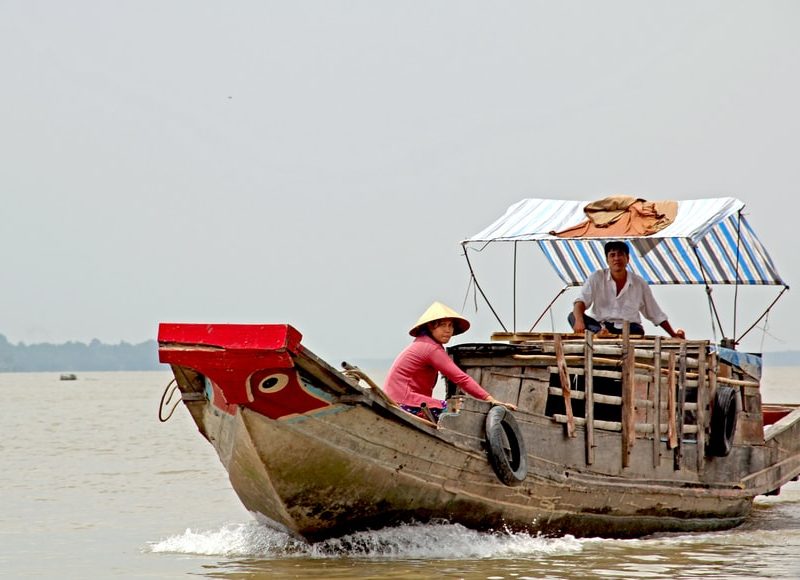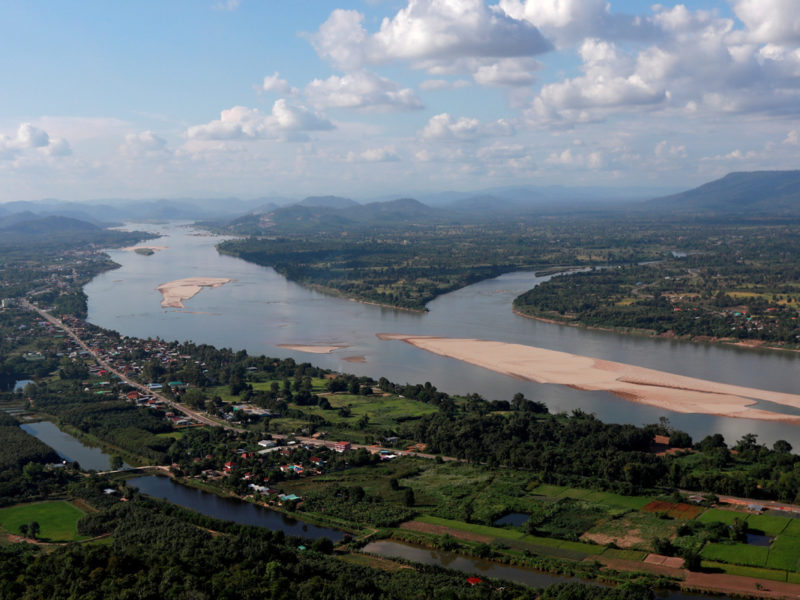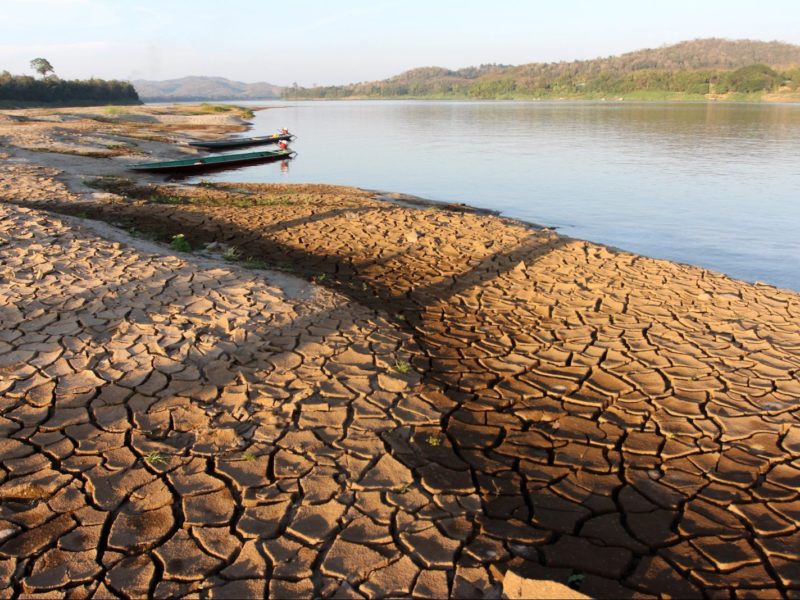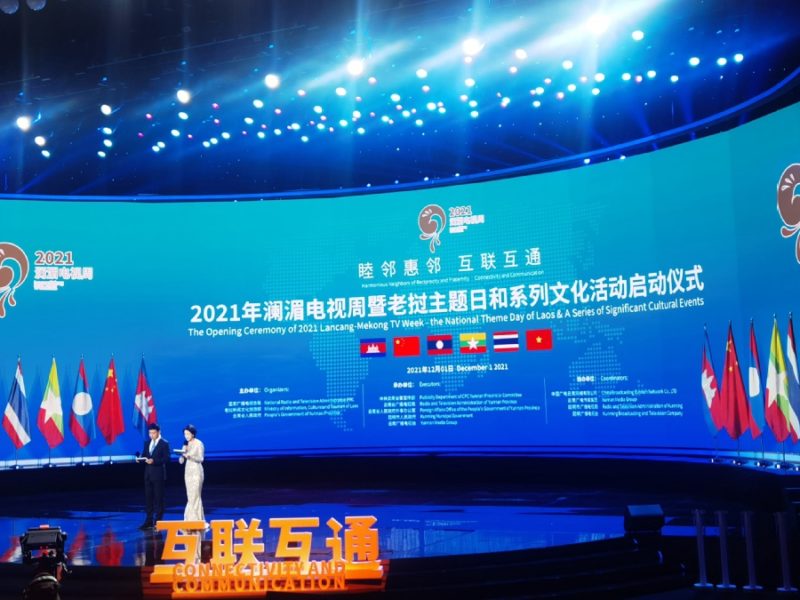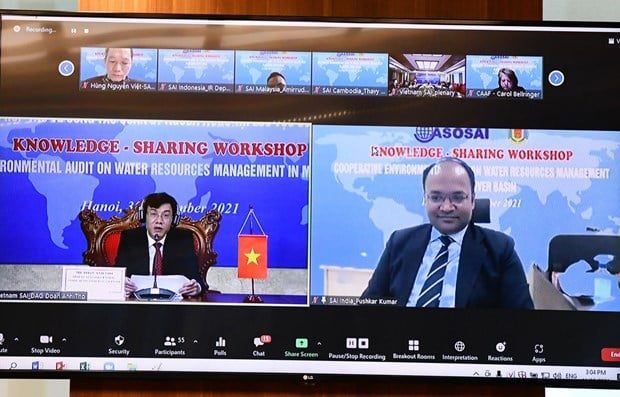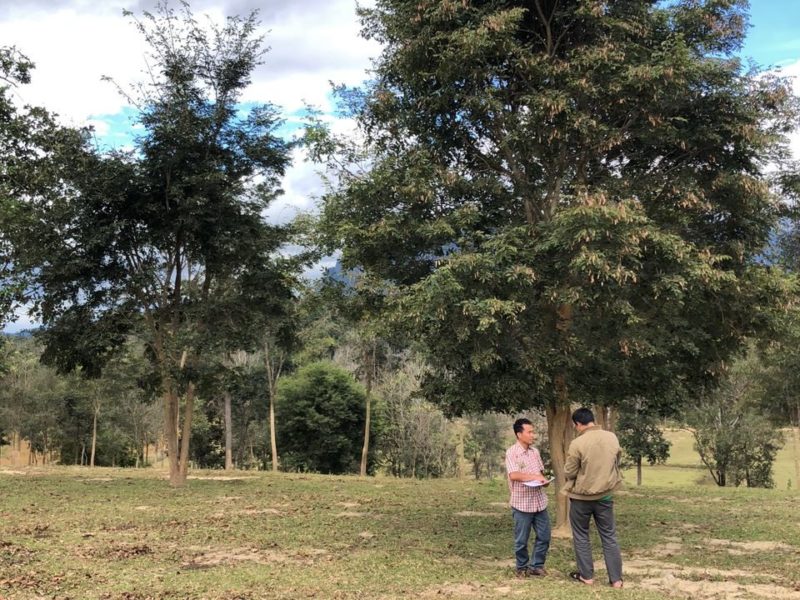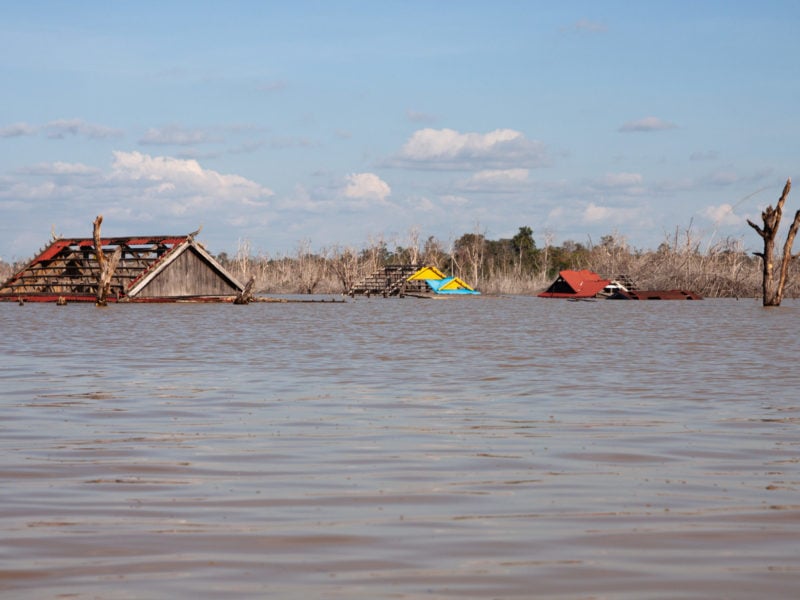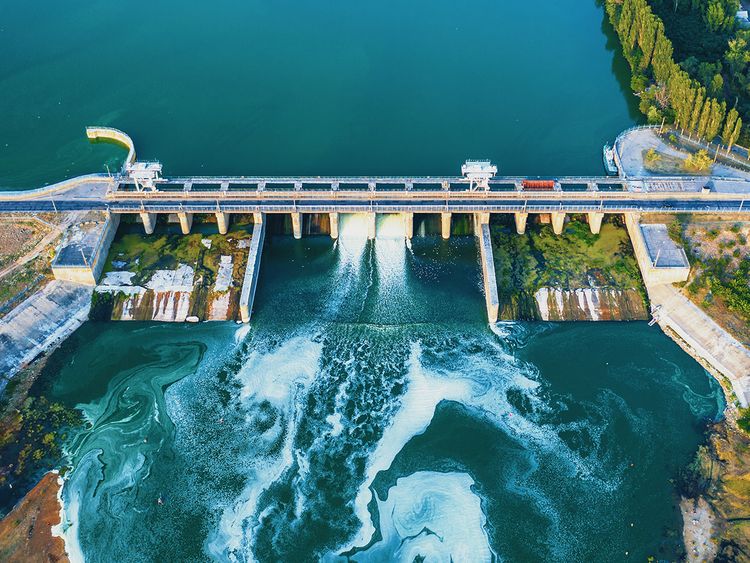The flooding of land for hydroelectric dams has affected more than one-fifth of the world’s tigers and one in two hundred jaguars.
Category: Mekong
Joint action crucial for Mekong-Lancang river countries to overcome challenges: Vietnamese Minister
Only through joint and timely actions can the countries of the Mekong-Lancang river basin overcome the current challenges to protect common prosperity and culture, stated the Vietnamese Minister of Natural Resources and Environment Trần Hồng Hà.
South East Asian consumers want brands to fight climate change and social issues
Consumers in South East Asia want businesses to address climate change concerns, reflect their values, and speak out on social issues.
6 countries vow water cooperation
Lancang-Mekong River countries have vowed strengthened cooperation on water resources management as they forge ahead to cope with common challenges in the basin, including drought caused by climate change.
Mekong Commission failure: dam the river and damn the region
The MRC’s failure to act against dams will further undermine the chance of building resilience along the river
Lancang-Mekong TV Week kicks off in SW China’s Kunming
More than 30 TV series from the Lancang-Mekong countries will be broadcast on TV channels and other media platforms in these countries.
Webinar shares experience in auditing water resources management in Mekong River basin
Results show that the governments of Vietnam, Myanmar, and Thailand have paid attention to and made efforts to manage water resources of the Mekong River in tandem with the implementation of the SDGs.
Fighting loss of the Greater Mekong’s prized rosewood forests
The famed Rosewood forests of the Greater Mekong region in Southeast Asia produce dark, richly grained timbers zealously sought after worldwide by manufacturers of luxury furniture, flooring and musical instruments, among other products. But their high value has also made them a major commodity in transnational organized crime.
New dams on 3S rivers endanger survival of the Mekong
Plans to further dam the Sesan, Srepok and Sekong tributaries of the Mekong River risk food security and already endangered wildlife
Dams are not a panacea to the planet’s climate crisis
“Moreover, nearly 80% of greenhouse gases emitted by dam reservoirs are methane, the gas which is a highly accelerating agent in causing global warming. In hundred years, dams have produced more methane than rice cultivation and biomass burning.”



